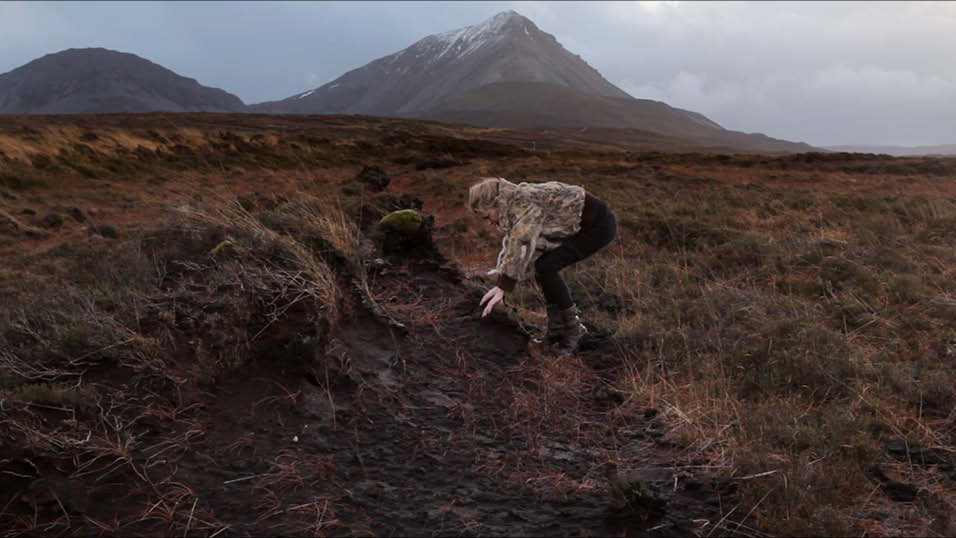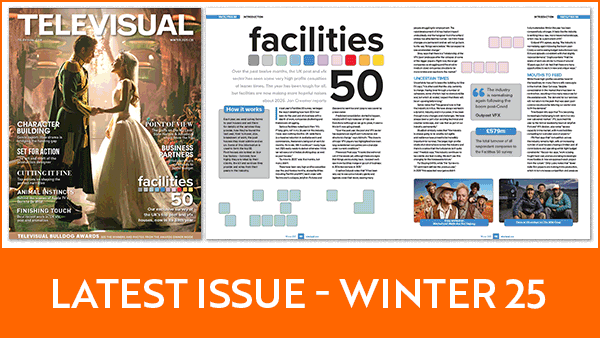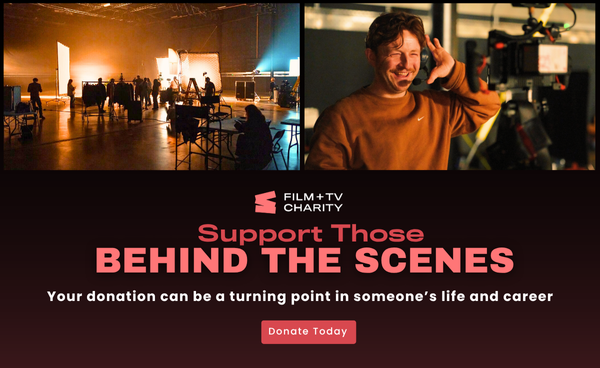The UK’s creative workforce is facing unprecedented disruption, with staff, freelancers, and employers alike navigating instability, shrinking opportunities, and the rapid introduction of new technologies, according to the latest Thrive report from Creative Access.
The report also found that over half of creative organisations are now using AI, up from just three per cent two years ago.
Based on the views of 300 respondents – 200 individuals and 100 employers – this year’s research reveals the impact of widespread change across the creative economy.
Less than half of respondents (42%) reported any career progression over the past year, compared with two-thirds in 2022. This was most noticeable amongst those from Black, Asian and ethnically diverse backgrounds and from lower socioeconomic backgrounds.
Nearly nine in 10 respondents have not received a promotion, and over 80% have not received a pay rise.
In 2022, two-thirds of respondents felt optimistic about their career. In 2025, that number has more than halved to just 31%. Disabled creatives reported the lowest optimism levels overall.
Freelancers are particularly feeling the squeeze, with 46% reporting a decrease in the volume of work available.
Just 3% of creative organisations surveyed were using AI last year and in 2025, 53% are. In 2023, most said they had no intention of using it – something which has now rapidly changed.
But the workforce is still catching up. Only 18% of individuals say they’ve received AI training, and 82% have concerns about the ethical and inclusive implications of AI use in creative settings.
The report shows a rise in negative impacts on mental health, with working hours (22%), poor line management (22%), team dynamics (15%) and a lack of focus on wellbeing (15%) appearing as the most common contributing factors. Disabled creatives were the most likely to say their mental health had been negatively affected by their work (50%).
However, a third of all respondents said their work did have some positive impact on their wellbeing.
44% of organisations said they had increased their DE&I spend – an uplift on last year’s 35%. One in 20 organisations – and one in seven larger employers – reported a decrease in DE&I spending this year. Just 47% of employers said their teams had become more representative, down for the fourth consecutive year.
On the findings, CEO of Creative Access, Mel Rodrigues said: “The creative industries are experiencing a period of profound and sustained upheaval. With optimism fading and career progression stalling, it’s vital that we now double down on our support for under-represented talent. If we don’t, we will lose a critical mass of skilled and experienced talent who have contributed immeasurably to our collective success over the past decade.
Creatives need nurturing at all stages of their careers, to be able to innovate, stay afloat, and to do their best work. If we want a more equitable future for the creative economy, now is the time to invest – in people, in progression, and in the partnerships that open doors so talent from under-represented backgrounds can thrive at every level in their careers.”
Pippa Considine
Share this story














